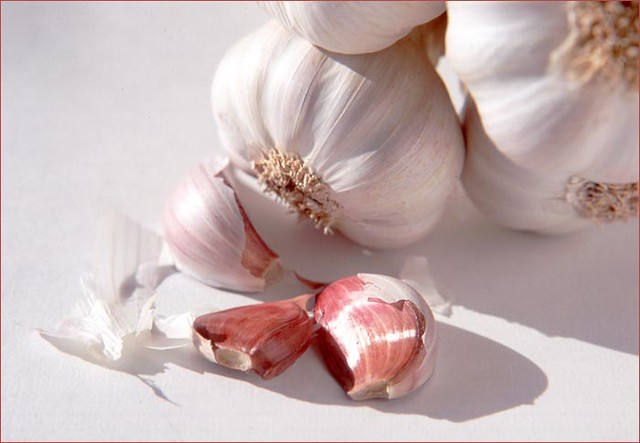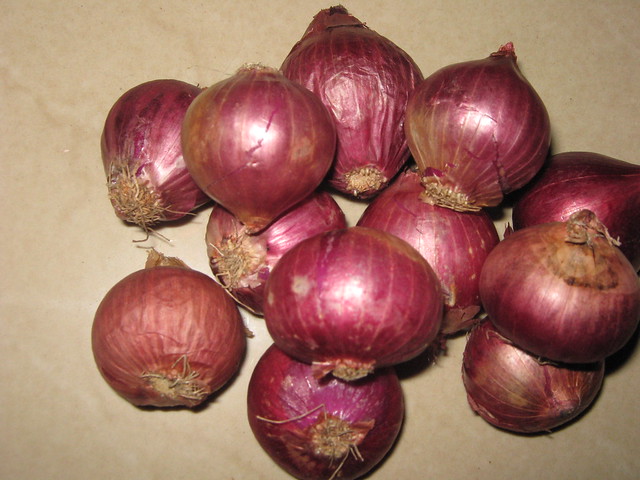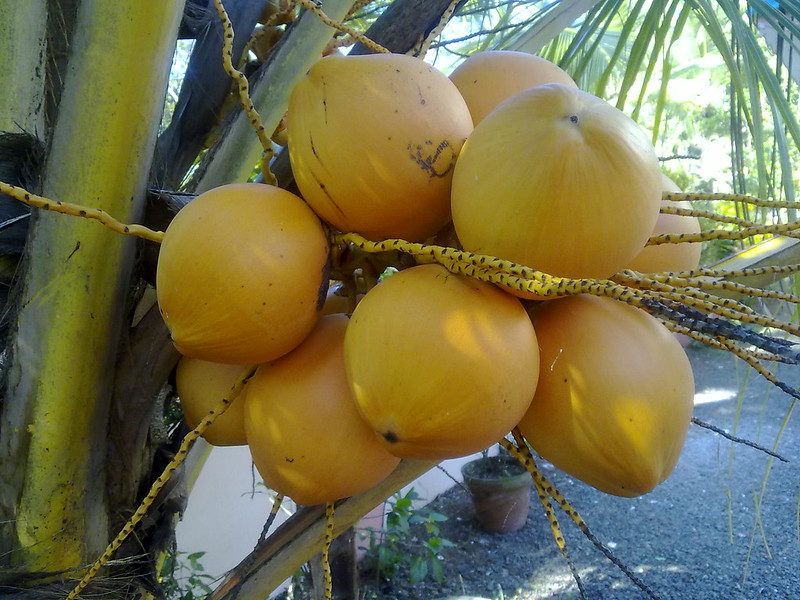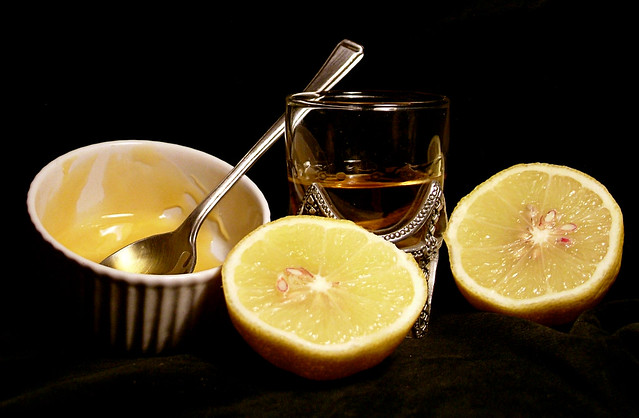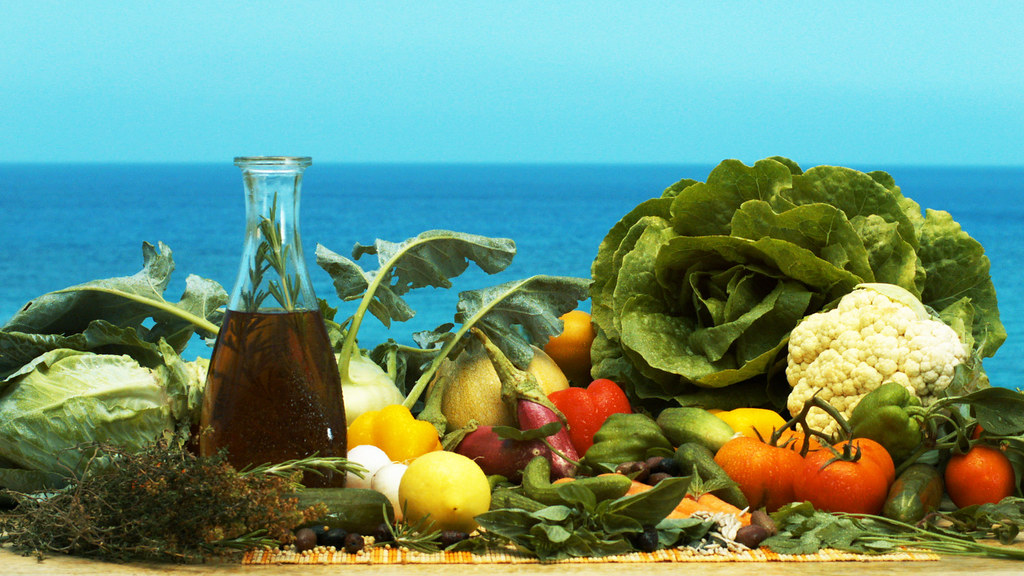Source UnKnown | FW by Saranya
Cold Compresses
As soon as your baby develops a fever, the first thing to do is put a cool, wet washcloth on your baby’s forehead. As the water from the wet washcloth evaporates from the skin, it will draw the fever out and the temperature will come down quickly.
Put some cool tap water in a bowl.
Soak a clean washcloth in the water.
Wring out the excessive water, then place the wet cloth on the baby’s forehead.
Once the cloth warms, remove it and repeat again.
Do this until the fever has gone.
You can also use the damp washcloth to sponge areas like your baby’s armpits, feet, hands to reduce the temperature.
Note: Never use very cold or ice water, as it may cause the internal body temperature to increase.
Lukewarm Bath
A lukewarm bath will help relax a fussy baby and help regulate the body temperature. It will even help your baby sleep better, which is needed for faster recovery.
For babies younger than 6 months, give a lukewarm sponge bath 2 or 3 times a day.
For babies 6 months or older, give them a regular bath in lukewarm water a few times a day.
After each bath, dress your baby immediately.
Note: Never use very hot or cold water, as it may cause the internal body temperature to rise.
Breast Milk
For babies younger than 6 months old who have a fever, breast milk is very important. It offers a unique balance of nutrients that strengthens a baby’s weak immune system and is tailored to fight a baby’s illness.
Breast milk is quickly and easily digested. It will even keep a sick baby properly hydrated, which is essential for faster recovery.
Try to breastfeed your young baby frequently. If your baby refuses to nurse while experiencing a fever, try different nursing positions. You can keep the baby upright while breastfeeding to make your baby more comfortable during feeding sessions.
If your baby regularly refuses nursing, pump out the breast milk and feed it to your baby using a spoon or bottle.
Give More Fluids
For sick babies, it is important to increase fluid intake. Fluid will help cool them down and replace the fluid lost through sweating to prevent dehydration.
Dehydration may lead to various other complications and delay recovery.
Due to having a fever, babies may refuse large amounts of fluid at a time. So, try to give them smaller amounts more often.
Give oral rehydration solutions (either homemade or readily available in the market) along with lukewarm water to help replenish fluids and electrolytes.
Keep Your Baby in a Cool Place
When taking care of a sick baby, it’s important to keep a close eye on the room temperature. It should not be too hot or too cold.
Dress Your Infant Comfortably
Many parents make the mistake of bundling up their sick child with layers of clothes or extra blankets. This is something parents should avoiding doing, as it may keep the temperature from going down or even make it go higher.
Infants cannot regulate their temperature well, hence when bundled in layers, it will be harder for them to cool down once overheated. Too much clothing will even prevent radiating body heat into the surrounding air.
Dress your baby in one layer of lightweight clothing. If needed, use a light blanket when your baby is sleeping.
Also, keep your baby in a comfortable room, where the temperature is not too hot or too cool.
Foot Massage
Rubbing the soles of your sick baby’s feet with some warm oil is one of the best ways to calm your fussy baby. Apart from relaxation, it will promote better sleep, which is necessary for quick recovery.
Foot massage also helps regulate body temperature.
Rub some warm olive oil on the bottoms of your baby’s feet.
Apply gentle pressure on the soles with your thumbs.
Finally, give a nice massage to the whole foot.
Do this for just a couple of minutes and repeat as needed.
When it comes to foot massage, be careful not to do too much.
Basil
For bringing down a fever, basil is suitable for babies older than 1 year. The herb can help reduce the heat in the body. It works as a natural antibiotic and immune booster.
Boil a handful of basil leaves in 2 cups of water, until the solution is reduced to half. Add a little sugar and give it to your little one, a few times a day.
If your baby is big enough to chew basil leaves, give him or her some thoroughly washed basil leaves to chew at regular intervals.
Monitor Body Temperature
Another important thing when your baby is having a fever is to regularly monitor his or her body temperature with a thermometer.
Remedies for cold and cough:
Camphor
Heat coconut oil and add little powdered camphor in it. After it has cooled, pour 4 to 5 drops to your palm and apply it evenly over the chest of your little one. Please take care to use very little camphor as it may irritate the baby skin.
Eucalyptus oil
Allow the baby to inhale the eucalyptus oil.The oil can be also be sprinkled in the baby beddings.
Turmeric
For infants, take a dried turmeric piece and burn it in a candle or diya flame, allow the infant to inhale the smoke from the burning turmeric for a minute. The smoke arising from the burning turmeric will be like a thread only, so no fear of smoke inhalation!!!
For kids above 2 years, a little turmeric can be added to milk and given.
Garlic
Peel the skin of 2 garlic pods and allow them to steep in 50 ml of hot water for 10 minutes. Let it cool, feed 2 sips of the garlic water to your little one every 2 to 3 hours. This can be done for kids above 4 year.
Ginger
Ginger thins out the mucus and so is very helpful for treating blocked nose. Grate a small piece of ginger and add it to hot water and allow it to cool for about 10 min. This can be given to children above 2 years.
Chicken soup
Clear chicken soup can be given from 8 Month onwards.
Tulsi/Basil leaves
Tulsi leaves have great medicinal properties, they can be either added to water or milk. Allow them to soak in water for more than a hour and feed the water in sips to kids above 2 years.
Honey
For Babies above 1 year, a half a teaspoon of honey can be added to the milk and given twice a day.
Ajwain
Roast Ajwain on low flame in a pan, wrap it in a kerchief to make a potli and allow the kid to inhale it or hold it near the nose of infants.
Lemon
Lemon is rich in Vitamin C and helps in developing immunity. For babies above 1 year, mix lemon juice with honey and lots of water.
Cinnamon
Cinnamon has an antioxidant effect and acts as an effective antibacterial and antifungal agent. This can be given kids older than 1 years of age.
Mix 1 teaspoon of honey with 1/4 spoon of cinnamon, feed this mixture every 4 hours throughout the day when the first signs and symptoms of cold surface.
Mustard Oil
Mix 5 to 10 teaspoon of mustard oil with crushed garlic and ajwain seeds and tadka. After it is cooled, strain the mixture and store in a bottle. When needed, warm a little and apply on the child’s chest, forehead and throat.
Steam Inhalation
Never let the child do steam inhalation as done for adults. Fill the buckets or bathtub in the bathroom with piping hot water, hold the baby in the arms for 10 minutes in the steamy bathroom to thin out the phlegm.
Ghee
For dry cough, heat 2 tablespoon of ghee and add 2 to 3 pepper in it, grind it and give a little of it throughout the day. This can be given for children above 1 year.


